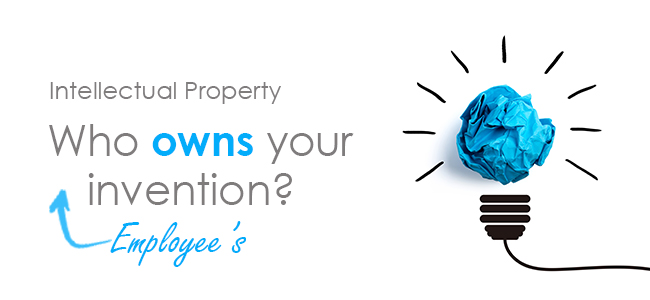24 April 2024 is ‘World Intellectual Property Day’. It’s “an opportunity to explore how intellectual property (IP) encourages and can amplify the innovative and creative solutions that are so crucial to building our common future.” (The UN’s World Intellectual Property Organization)
It’s a case that has been making headlines for years, the “Please Call Me” saga in which Vodacom has been sued by an ex-employee and is now at risk of having to pay over billions of rand to him.
With April being “World Intellectual Property Month”, now’s a perfect time to see what lessons this bitter fight holds for all employers and their employees.
The trainee accountant, his long-distance girlfriend, and his bright idea
- Employed by Vodacom as a trainee accountant, Mr. Kenneth Nkosana Makate was looking for a way to stay in touch with his girlfriend (now wife) with whom he was in a long-distance relationship. As a student she couldn’t afford airtime, a problem faced by many cellphone users at one time or another.
- Long story short, in 2000 Mr. Makate came up with what is now known as the “Please Call Me” (“PCM”) concept – “a brilliant idea: a cellphone user with no airtime could send a request to another user with airtime, to call the former.” He took the idea to his employer, for whom it turned out to be a “resounding success”.
- He asked to be paid for his idea, but Vodacom said it wasn’t obliged to pay him anything. Eventually he sued them on the basis of an agreement, verbally reached between him and Vodacom’s Director of Product Development, to pay him compensation for his idea in the form of a share of revenue.
- Many court battles later the Constitutional Court issued an order declaring that Vodacom was bound by the verbal agreement and ordering the parties to negotiate in good faith to determine an amount of reasonable compensation to be paid.
- More litigation followed, leading most recently to the Supreme Court of Appeal (SCA). Its order setting out how that compensation is to be calculated leaves Vodacom facing a liability reported to total billions of Rand.
- Vodacom is, at date of writing, asking for leave to appeal that order in the Constitutional Court, so the show may not be over quite yet. But regardless of the final outcome, there are valuable lessons to be learned here by all employers (and their employees).
So do your employees own their inventions, or do you?
Generally speaking, our common law rule is that the right to all IP or “intellectual property” (covering patents, designs, copyright, and trademarks – loosely “inventions”), belongs to the employer if the employee created it “in the course and scope of employment”.
But that rule has over the decades led to much uncertainty in cases where employees claim to have come up with their inventions other than in the course of their employment – such as out of working hours, whilst working on their own initiative and on personal matters rather than under the employer’s control and direction, and so on.
For example, one of the many areas of dispute in the Vodacom case was the question of whether or not Mr. Makate, as a junior employee on the accounting side, was acting in the course and scope of his employment when he had his lightbulb moment.
Although, as many commentators have pointed out, that case actually has more to do with being bound by one’s verbal agreements than with questions of intellectual property law, the fact remains that, for employers and employees alike, there is a way to avoid all these potential disputes.
How to avoid uncertainty and dispute
The answer of course is to set out clearly in all contracts of employment and related policy documents who will own such inventions. A standard clause to protect employers in this regard might provide that any IP created by the employee during the period of employment are presumed to belong to the employer, no matter the circumstances in which it is created.
Such a clause should ideally be customized to reflect the nature of the employer’s business and the employee’s job description, it should ensure fairness and practicability, it should comply with legislative limitations applying to various types of IP, and it should lay out incentives and procedures for employees to come up with bright ideas and share them.
Every situation will be unique, so specific professional advice tailored to meet your business and its particular needs is essential.
Disclaimer: The information provided herein should not be used or relied on as professional advice. No liability can be accepted for any errors or omissions nor for any loss or damage arising from reliance upon any information herein. Always contact your professional adviser for specific and detailed advice.
© LawDotNews
